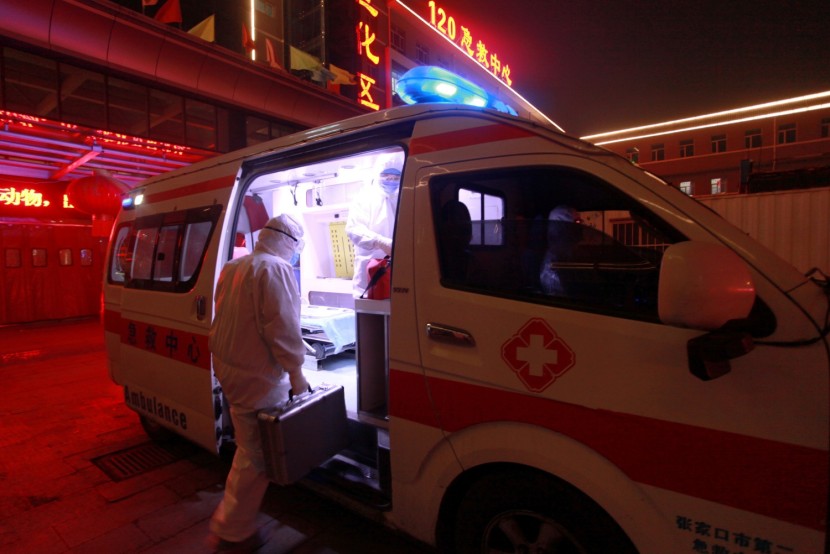
When the Wuhan coronavirus began, the Chinese government had hospitals built to assist in dealing with the fight against the COVID-19 in Wuhan. In the early stages, they promised many doctors to treat as many as 2,500 patients.
The Leishehshan hospital has admitted 90 patients in a ward for 1,600 patients but had no spare beds as reported by the Caixin Magazine. Another hospital Huoshenshan did not even have 1,000 beds after its opening.
In the meantime, increased infections prompted erecting more emergency wards in large public spaces in halls and stadiums, but not all got treatment as some were sent away. Despite having the biggest army, none has been sent to help makeshift hospitals in Wuhan.
Intent is not commensurate to the reality of how Beijing carries out its actions. There's a conflict between an honest desire to keep the COVID-19 in check and find a cure for it. The hindrance is the restrictive nature of their government, that is obvious and causing problems.
It is a disadvantage for the Communist party to silence warnings about COVID-19, the system of Beijing is only for the party and does not allow accurate information to circulate. It translates to families and businesses that are left in ruins by the negative economic effects. While the world is now critical of how good or awful the Chinese government is, they are keeping the worst pandemic under wraps.
According to academics like Ho-Fung Hung at the Johns Hopkins University in the US, by cracking down on press freedom early, they made it worse by missing a chance to keep it inside China. Instead, the China coronavirus got out and is now a world-wide contagion for all to suffer.
Also read: Coronavirus Cruise Ship in Japan Deemed a Novel Experiment in Disease Control Under Scrutiny
In the SARS epidemic in 2002-2003, the Chinese went public and with extra information about it, which the World Health Organization (WHO) praised them. Wuhan's local officials were active in stifling information that could have saved many, but resorted to silence that led to deaths and infection in other countries.
Sequestering and festering of the COVID-19 was a bad choice that led to this contagion. Dissenting opinions from unknown critics are now citing President Xi Xinping as his crackdown on media and control over the country is made the contagion what it is today.
Xu Zhangrun, in an essay, stated that gagging vital information at all levels of governance has enabled officials to wash their hands of the coronavirus affair. Wanting to please the party, and ignoring the better good, led to the worst scenario.
China' secrecy is now a problem that compounds any amount of cure to be found, and the contagion is spreading everywhere. At home, the Chinese live in fear of getting infected with no cure or guarantee of surviving COVID-19. They can only cooperate because the coronavirus scourge is life or death.
There are two hospitals in the area but beds are absent, testing kits are pitifully less, and not all the infected individuals are cured. This China coronavirus outbreak was muffled in the beginning, now it is uncertain when a cure would have been found, only if reported.
Related article: China Launches Coronavirus App for Easier, Safer Testing








